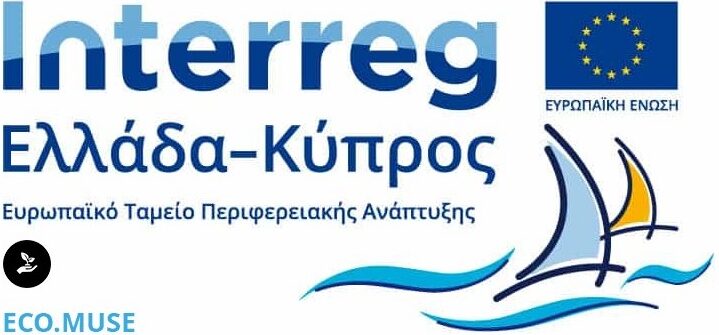The Open Ecomuseum of Marathasa in Lemesos will be shaped and operate in the rural societies of Kaminaria, Tris Elies, Lemithos, Paliomilos and Prodromos in the area of Marathasa (Lemesos, Cyprus). The Ecomuseum of Marathasa is based on the idea of combining the local activities, cultural and geophysical environment, making the area attractive as an alternative touristic and educational destination. The organization and operation of the Ecomuseum will be succeeded with the incorporation of local, social and occupational bodies of Marathasa in Lemesos.
The aim of the Ecomuseum of Marathasa is to bring visitors into contact and interaction with the natural environment and the cultural landscape, the social and the productive activities of the area. The Ecomuseum aims at appointing Marathasa in Lemesos as an attractive place of production and consumption of local qualitative products and services.
Specifically, the University of Thessaly, the Development Company of Troodos and the Educational Intstitute of Cyprus, with the active participation of local bodies and actors/ stakeholders, will:
- identify and evaluate:
- the natural capital (habitats, water elements, caves, protected areas, etc)
- the cultural capital (watermills, bridges, traditional occupations, country churches, archaeology and folklore, festivals and local celebrations, memories, myths and legends, etc)
- the local traditional agri-food products and the production methods (local species, recipes, farms, cottage and small industries, etc)
- geotopes of Marathasa in Lemesos
- plan thematic routes that will be used in the ecomuseum activities and services’ program of and finally,
- plan the organization of the operation and management if the Ecomuseum.
For this purpose tools will be developed for the support if the operation of the Ecomuseum, in collaboration with local actors:
- development of an interactive map with the characteristics of the area emphasizing those that will be included in the thematic routes
- development of audiovisual material for the presentation of various ascpects, characteristics, potentials and activities enclosed in the action area, production of information material, etc.
- development of educational programs and organization of educational activities with the conversion of daily functions for the gaining of life experiences by the visitors,
- Museum-suitcases (including items and educational material)
- Educational workbooks on agri-food/gastronomy for the Primary and Secondary Education)
- Educational workbooks on Byzantine and Post-Byzantine heritage for the Primary and Secondary Education
- Educational workbooks on traditional occupations of the area (pottery, tannage, basketry, etc) for the Primary and Secondary Education
- Application of a conducted tour in the Ecomuseum for mobiles with Qr method
The visitable spaces, private or public, open and closed, along with the activities, the performances and the narratives, will comprise an alive open ecomuseum, combined with the eider area of Marathasa, through the routes that will come up after the identification and evaluation of cultural and natural reserve of the area. Finally, the Ecomuseum of Marathasa in cooperation with the Ecomuseum of Sitia will produce a guide of cross-border networking improving the cross-border connection, accenting the role of the Open Ecomuseum aiming to suggest future policies.
